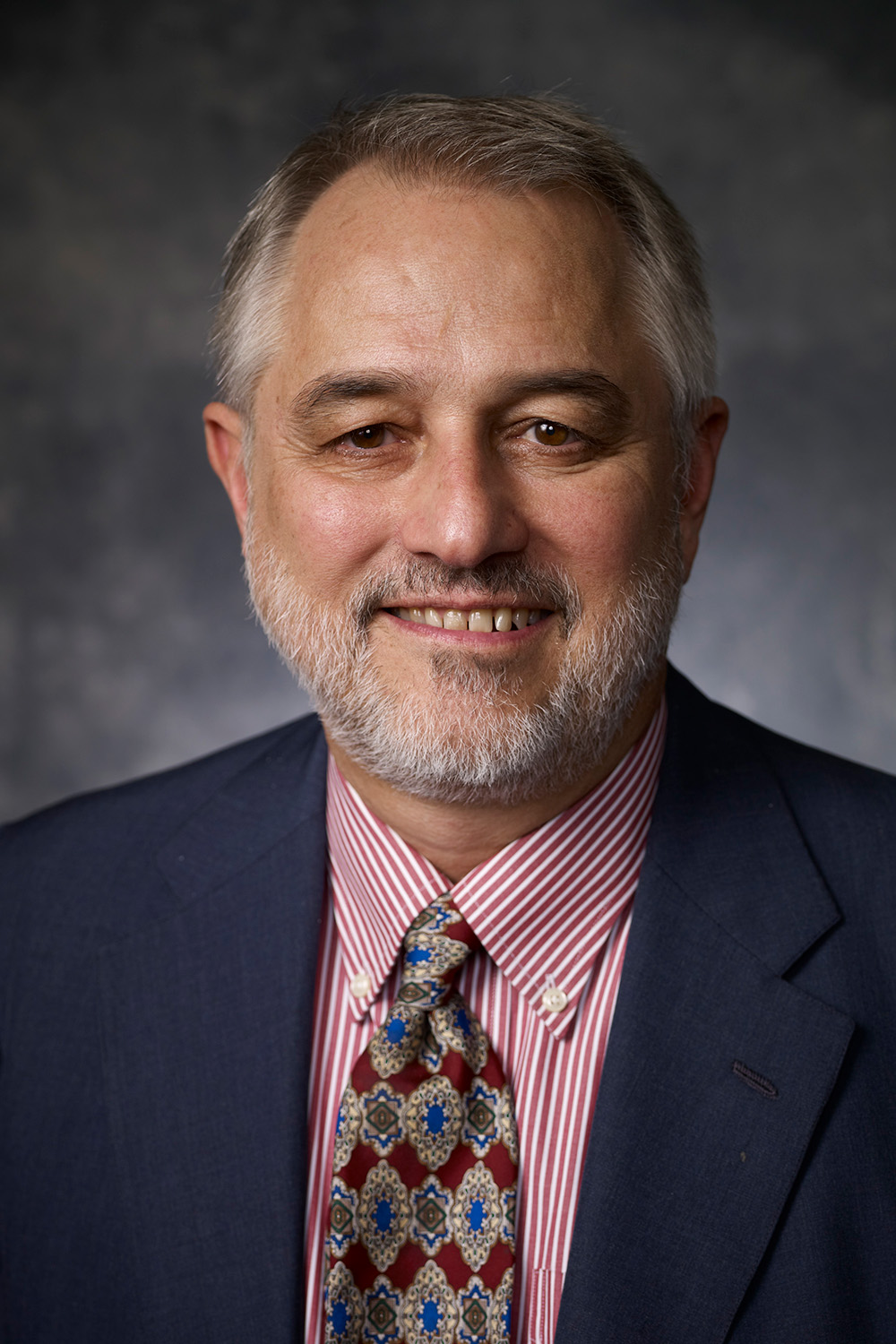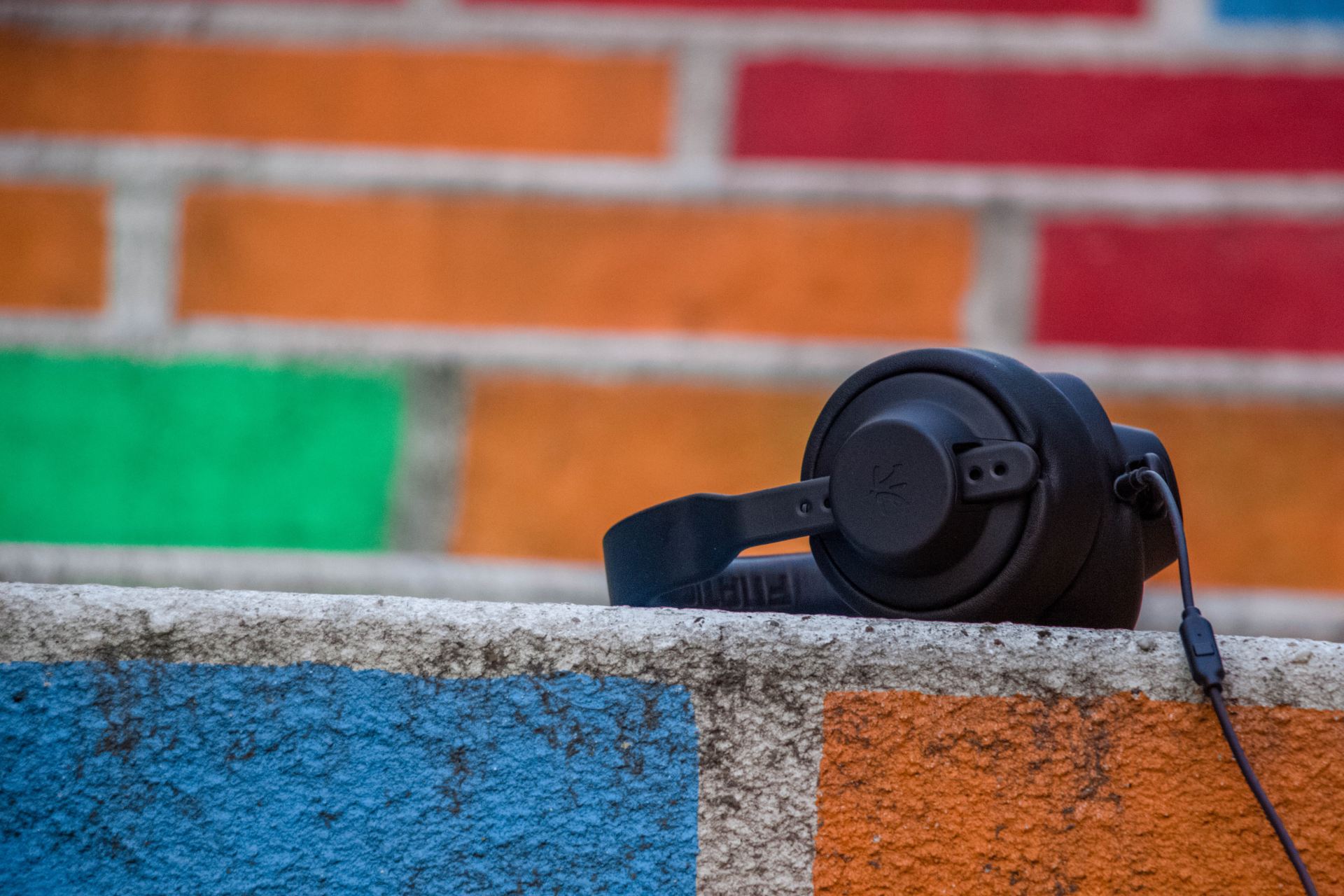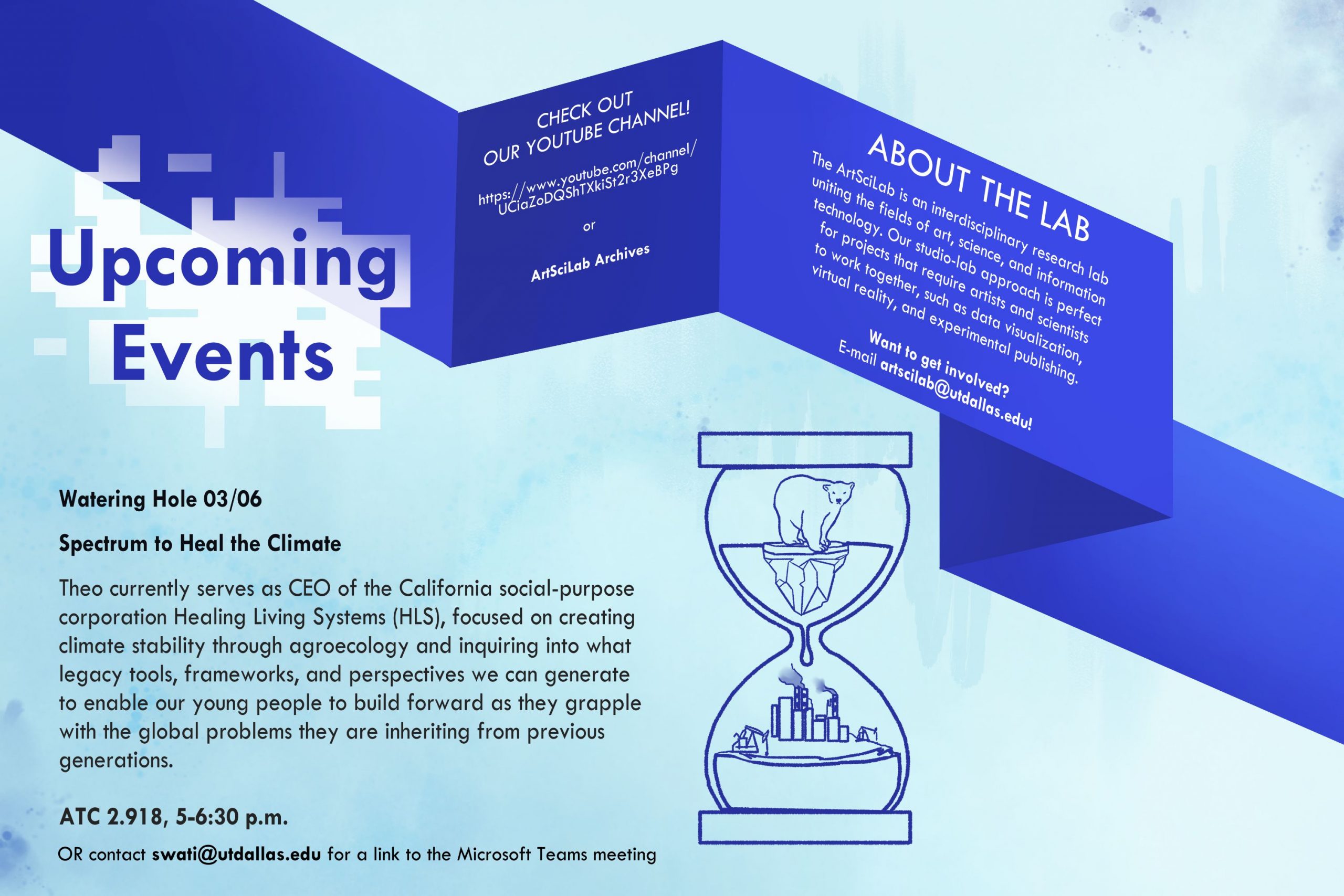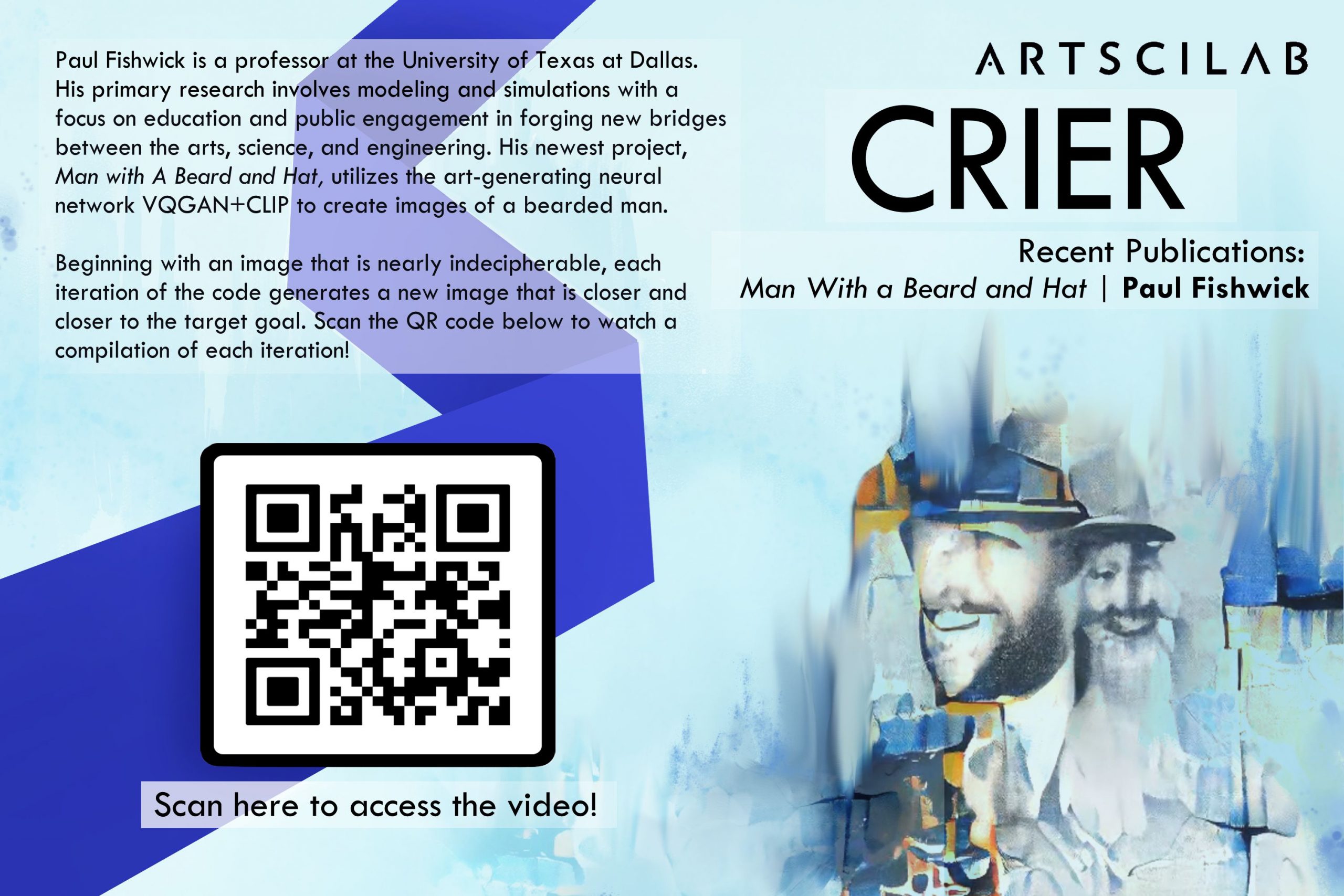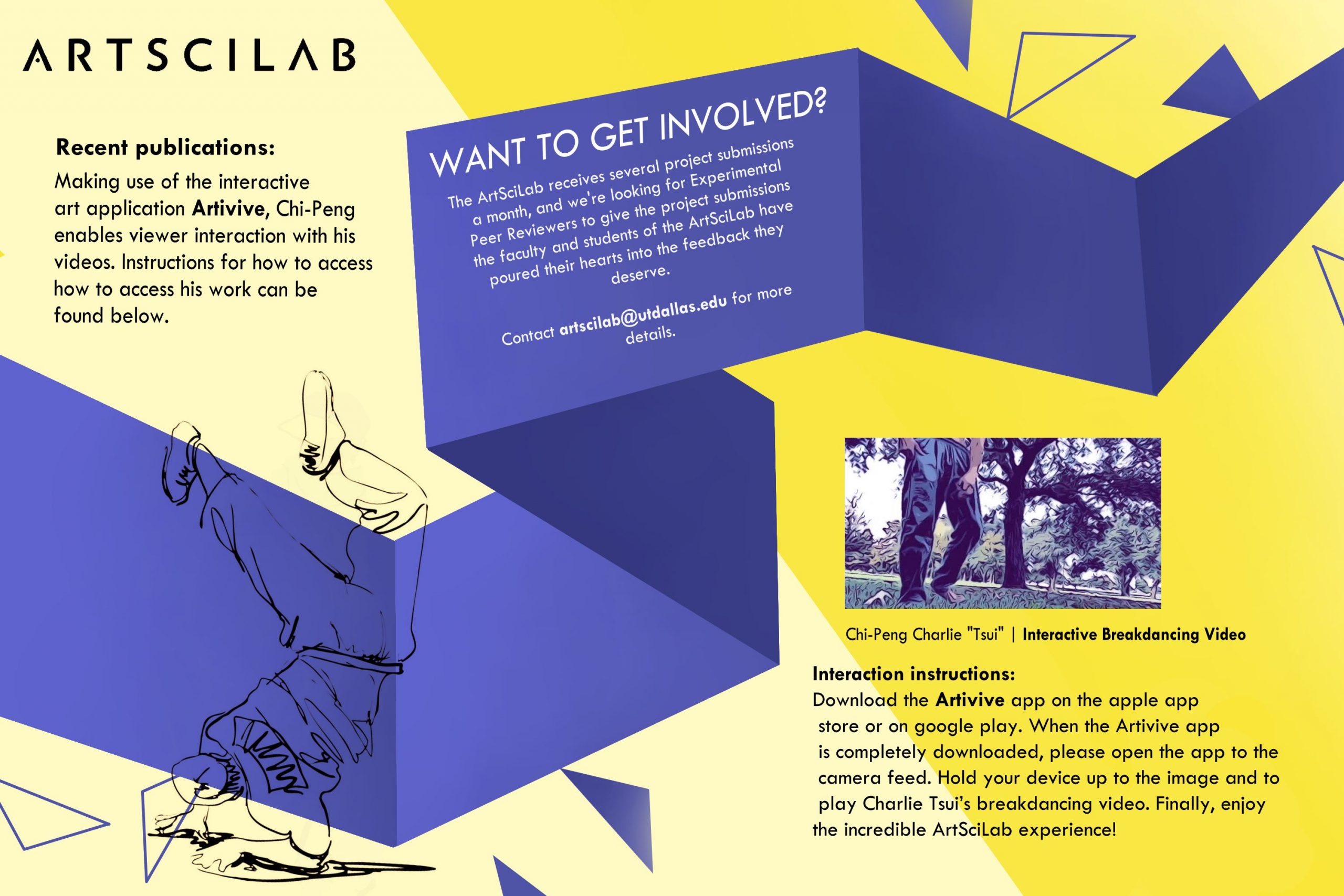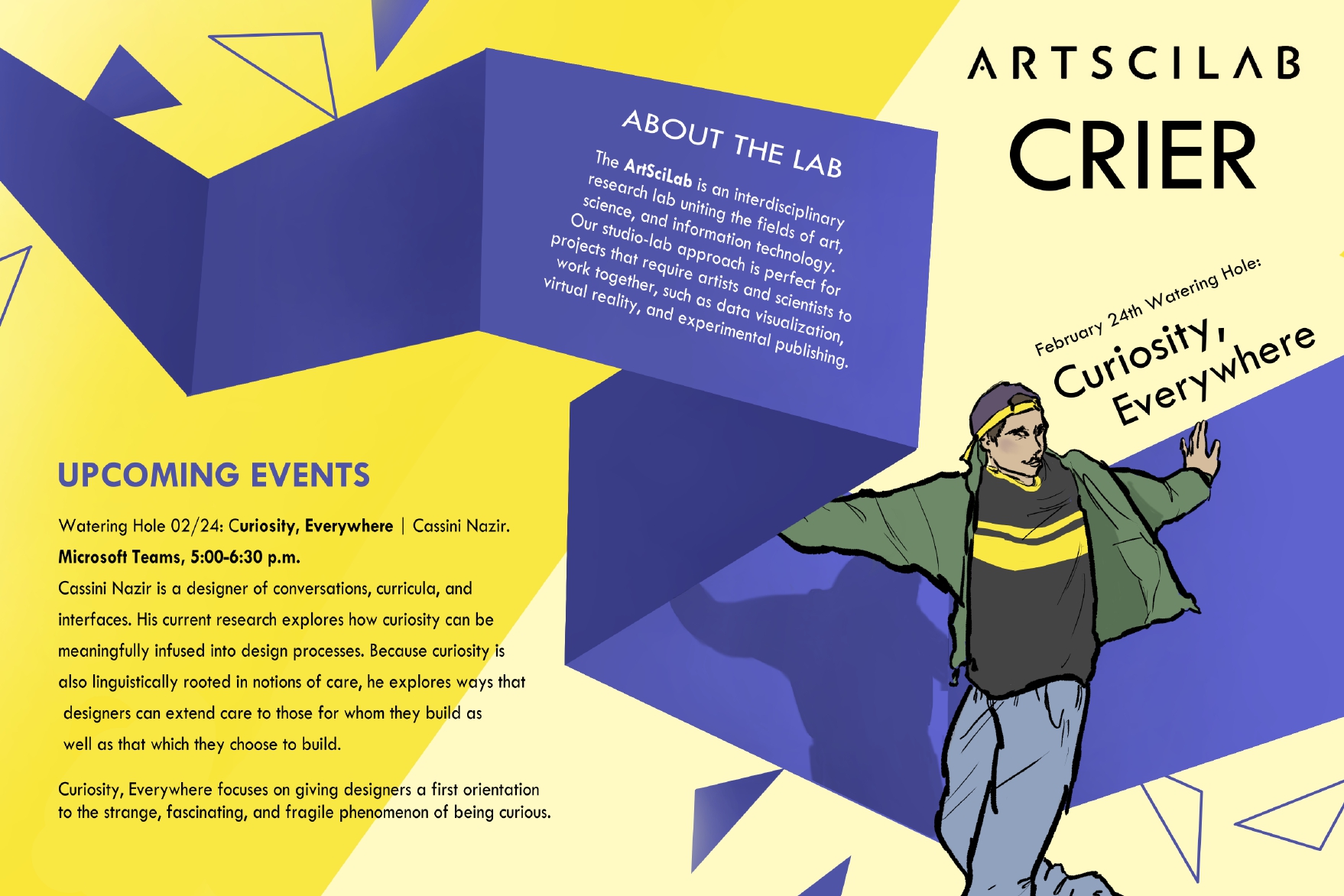Dr. Roger Malina, professor of arts and technology and of physics at The University of Texas at Dallas, has been appointed to the International Astronautical Federation Committee for the Cultural Utilisation of Space (ITACCUS).
Malina, who holds dual appointments in the schools of Arts, Technology, and Emerging Communication (ATEC) and Natural Sciences and Mathematics, is the co-founder and faculty advisor of the ATEC ArtsSciLab, a transdisciplinary research lab that involves art, science, technology and education.
ITACCUS champions innovative utilization of space data, systems and applications by organizations in the cultural sectors of society, including arts and humanities.
“I’m energized. I hope this committee can really have an impact with decision-makers. The social implications of space activities are as important as the technical and scientific implications,” said Malina, who also holds the Arts and Technology Distinguished Chair.
He pointed to a recent paper he wrote with Kathryn Hays MS’19 and Cristobal Kubli Perusquia MS’20, in which they used space as an example of how creativity and cognition can help humans survive in extreme environments.
Malina is a former director of both the Astronomy Observatory of Marseilles Provence (OAMP) and the Marseille Astrophysics Laboratory in France, and is a member of the OAMP’s observational cosmology group, which investigates the nature of dark matter and dark energy. He also is executive editor of the journal Leonardo from MIT Press.

